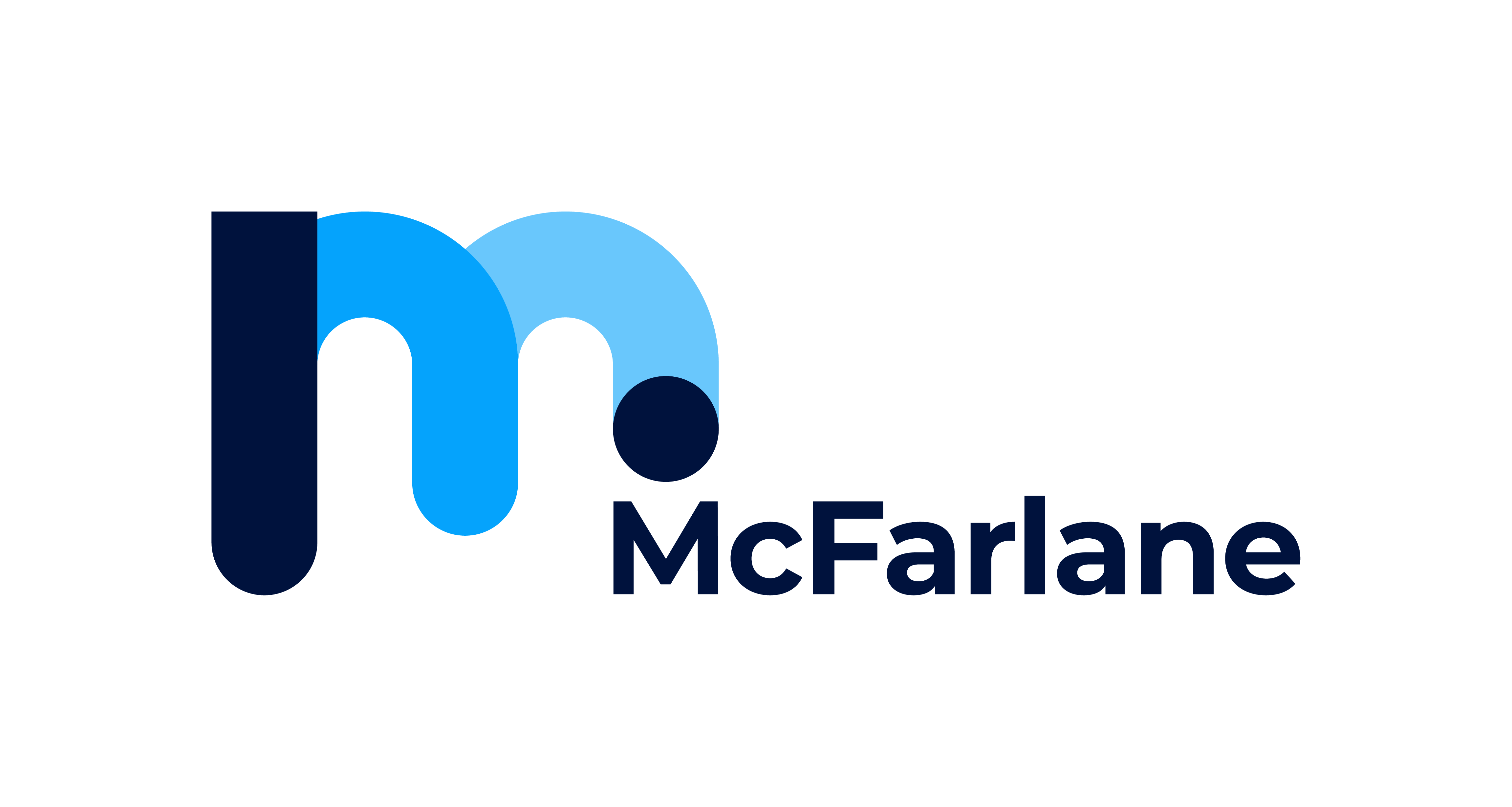Traditional plastic-backed Bluey underpads play a vital role in medical care, however they have long been scrutinised for their environmental impact, and rightly so.
Blueys are an extremely high-turnover consumable. A recent procurement audit of numerous Australian hospitals (conducted by sustainable healthcare advocacy group, TRA SH) found that between 15,600 and 96,000 Blueys were used at each site per year, relative to the number of theatres. With 1350 hospitals in Australia alone, that equates to roughly 75 million Blueys (over 1,950 tonnes) every year, taking over 100 years to break down when disposed in landfill.
Like a Bluey, the Greeny® is designed to:
- Trap and contain liquids - protecting bedding, clothing and other surfaces from soilage and contamination
- Provide an absorbent surface on which to perform clinical procedures
- Reduce excessive or prolonged contact with moisture which can compromise the skin moisture barrier and lead to skin breakdown. Skin breakdown significantly increases the risk of shearing, pressure and friction injuries to the skin with the potential of developing localised or systemic infections.
Made of cornstarch-based bioplastic with a 5-ply paper fluff pulp top layer sourced from responsibly managed forests, Greenys® are 100% compostable2 and compliant with AS 4736 and EN 13432 standards. They are also 60% more absorbent than 5-ply Blueys and 14% more absorbent than 8-ply Blueys. Greenys® are also 14 times more breathable than Blueys.
